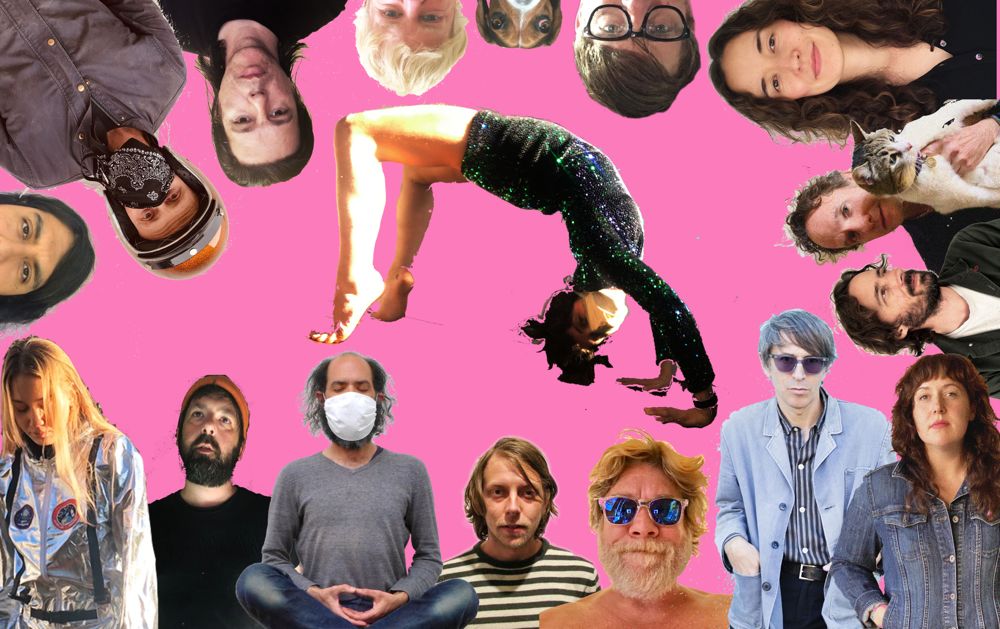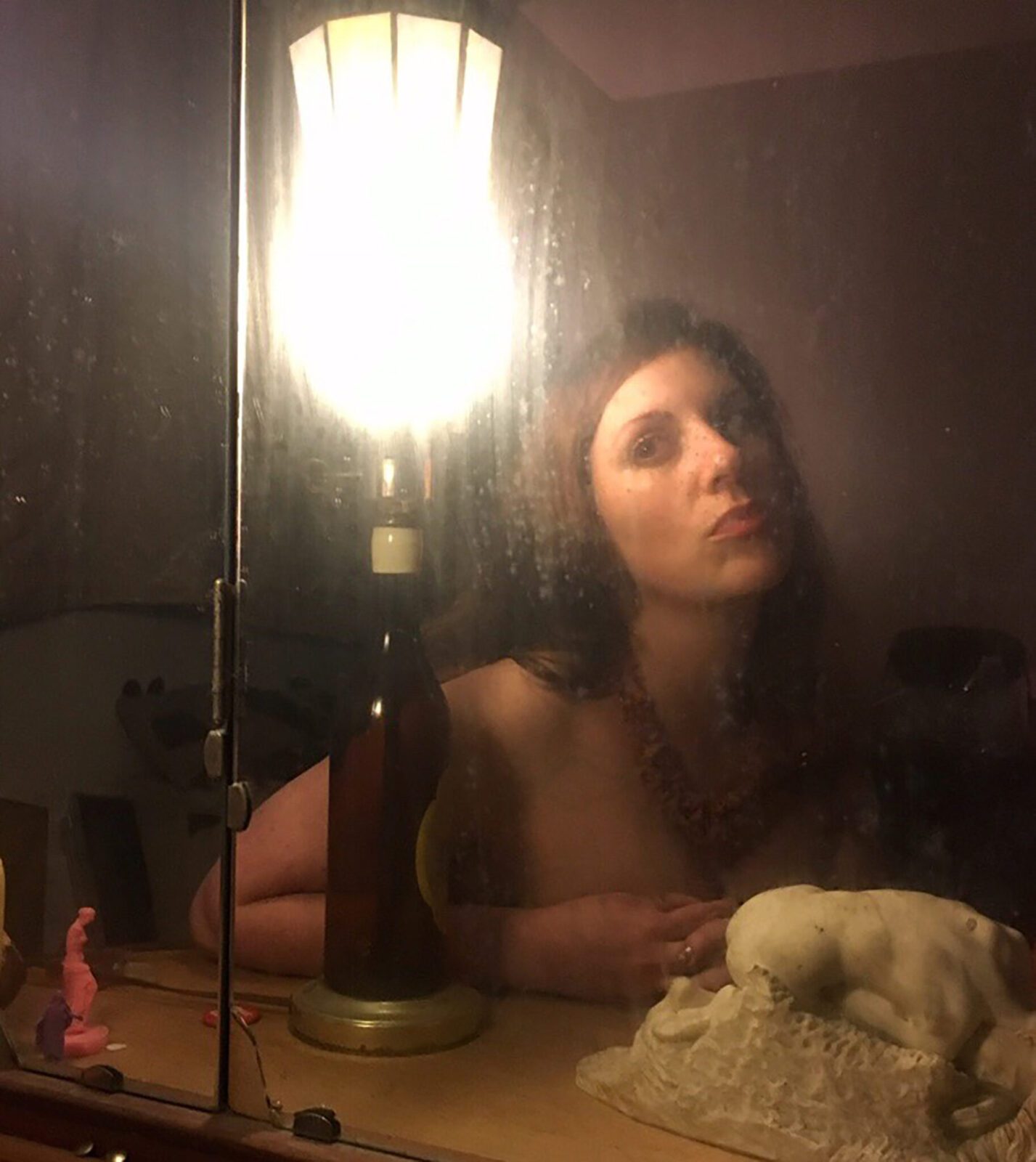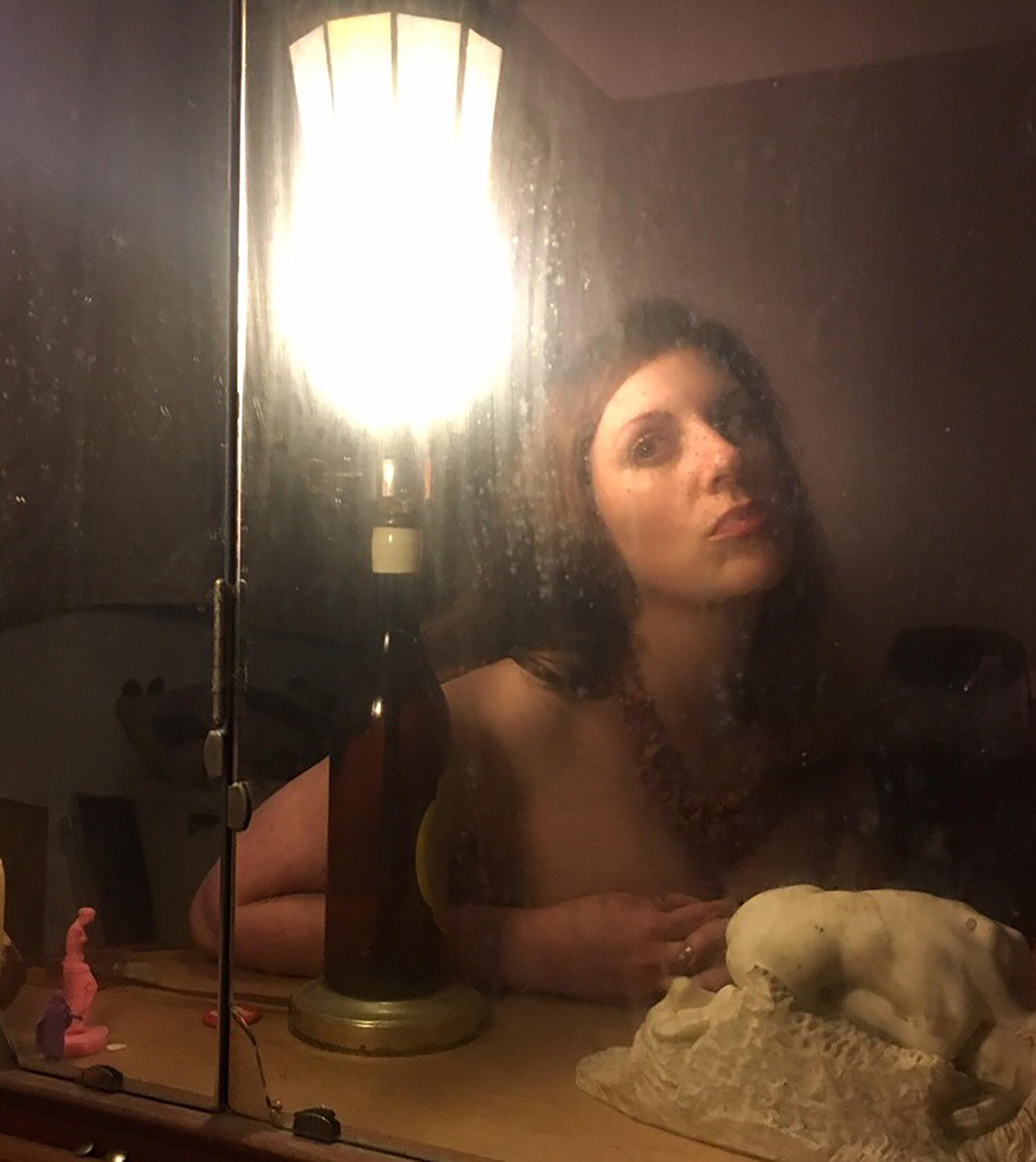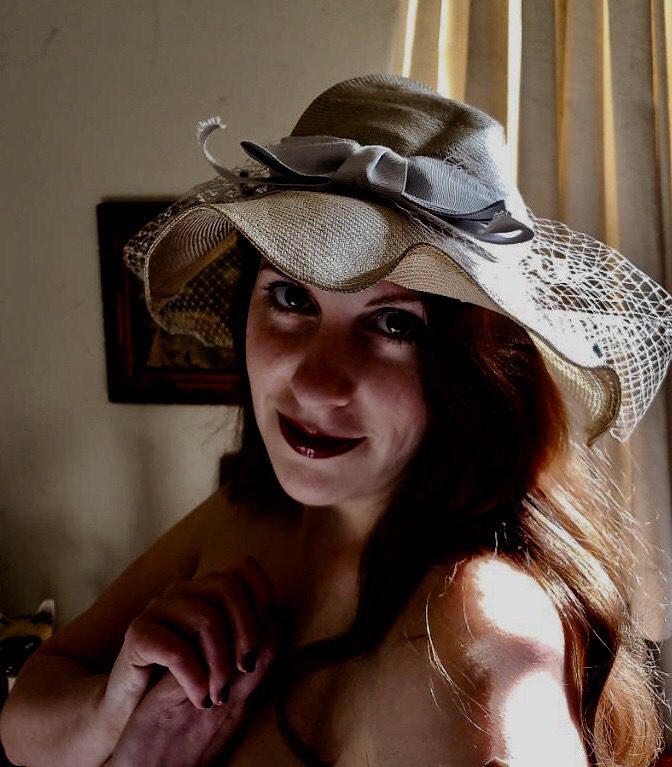

There’s no shortage of problems on Earth, but, when Heidi Alexander conceived of an EP named for our planet, she looked to the issues lying beneath the surface. Earth, the sixth installment from Earth Girl Helen Brown‘s series of EPs inspired by planets, taps into the intersection of greed and life.
“I wanted to deal with what I saw as the most significant social problem plaguing Earth,” Alexander says on a video call from her home in the Southern California Mojave Desert city of Yucca Valley. “If you think of humans as the biggest problem for Earth, what is the biggest problem for humans?”
For Alexander, greed is at the top of the list. “But,” she adds, “at the same time, there’s a biological aspect to that, where greed is a necessity of life. It motivates us to feed ourselves and to do the things that need to happen to keep all lifeforms alive. There’s an element of greed inherent to growth and life.”
It’s in that juxtaposition of greed as a problem and greed as a necessity that Earth thematically takes shape. Released May 21 via Empty Cellar Records, Alexander describes the EP’s themes as “how to move in the space to where we can think about changing something that is so fundamental to our nature.”
Alexander first inhabited the character of Earth Girl Helen Brown over a decade ago. At the time, she was living in San Francisco and had been invited to take part in musician Sonny Smith’s 100 Records project, which featured music made for 100 fictitious bands. “I really didn’t quite know what the deal was,” recalls Alexander, who now splits her time between Los Angeles and Yucca Valley. Still, she agreed to take part in the large-scale, collaborative art project and enjoyed it. “They were really demanding songs,” she says.
After 100 Records, Earth Girl Helen Brown briefly spun off as a real band. They recorded a handful of songs and released an EP. When Alexander’s old band, The Sandwitches, toured with Smith, they played a few Earth Girl Helen Brown songs at their shows. A few years later, after Alexander had moved to Los Angeles, they opened for Shannon and the Clams in San Francisco. Still, not much was heard from the group. “There was not a lifespan for that project,” says Alexander. “It was just a thing that happened.”
Meanwhile, Alexander had gone to graduate school to study architecture and became involved in projects like UCLA Grand Challenges, where she looked at energy infrastructure and stability in Los Angeles. “I think the discipline and grind of grad school for architecture certainly gave me some more muscle to approach a large project,” she says. “It also gave me so much discipline that I was wanting to do something undisciplined.”
Once she completed her studies, Alexander decided to give Earth Girl Helen Brown a different spin. “The original project was about love and the trials and tribulations of getting along, which is all good and well, but I wanted to talk about some other topics,” she explains. “I tried to take the same approach and involve a lot of folks and be really fast and collaborative, but do it in a slightly different way.”
In the process, the character had to evolve. “I guess the character changed in the sense that I had to embody her more,” says Alexander.
This incarnation of Earth Girl Helen Brown reemerged in 2017 for a series of EPs inspired by the solar system. Each EP thus far is named for a planet and takes on a different theme, with sales benefiting charities reflective of those themes. Each EP also delves into a different musical style. “Sometimes, it’s really specific, like house,” says Alexander. “Sometimes, it’s looser, like Sade.”
Previously, Earth Girl Helen Brown would enter the studio with songs written and it was during the recording that they would “try to infuse them with a genre.” This time around, though, Alexander and the band had an idea to make their own version of house music. “We just jammed,” she says. “We used about half of the tracks that we did and then I wrote over them.” The EP includes contributions from Eric Bauer, Lisa Boldyreva, Emilee Booher, Bradley Caulkins, Bjorn Copeland, Bart Davenport, John Dwyer, Tahlia Harbour, Doug Hilsinger, Warren Huegel, James Finch Jr., Graeme Gibson, Emmett Kelly, Enrique Tena Padilla, and Mikey Young.
Alexander described this process as “liberating” for her. “I’m kind of reluctant to get out of my shell in that way so it was invigorating in that sense for me personally,” she says, “but everybody else had so much chops. It’s the best kind of musical alchemy to just throw a stone out there and see what happens.”
Three of the five tracks on Earth came out of this process. “Fountain of Life,” a collaboration with Lisa Boldyreva, and “Pay to Play,” which was produced by Bjorn Copeland, were made outside of those sessions.
Like previous EPs, Earth will be released on “100% post-consumer recycled” tapes. In other words, the hard copy of the EP is recorded over pre-owned cassettes. It’s a solution to the issue of making physical releases without adding to a growing pile of waste. “There’s waste inherent in any activity and any purchase or product, and music is no exception,” says Alexander, adding that she had searched for cassettes made of recycled materials and records made out of material other than vinyl. “This is the best thing we came up with,” she says, “but we’re always looking for a better alternative.”
Follow Earth Girl Helen Brown on Instagram for ongoing updates.




